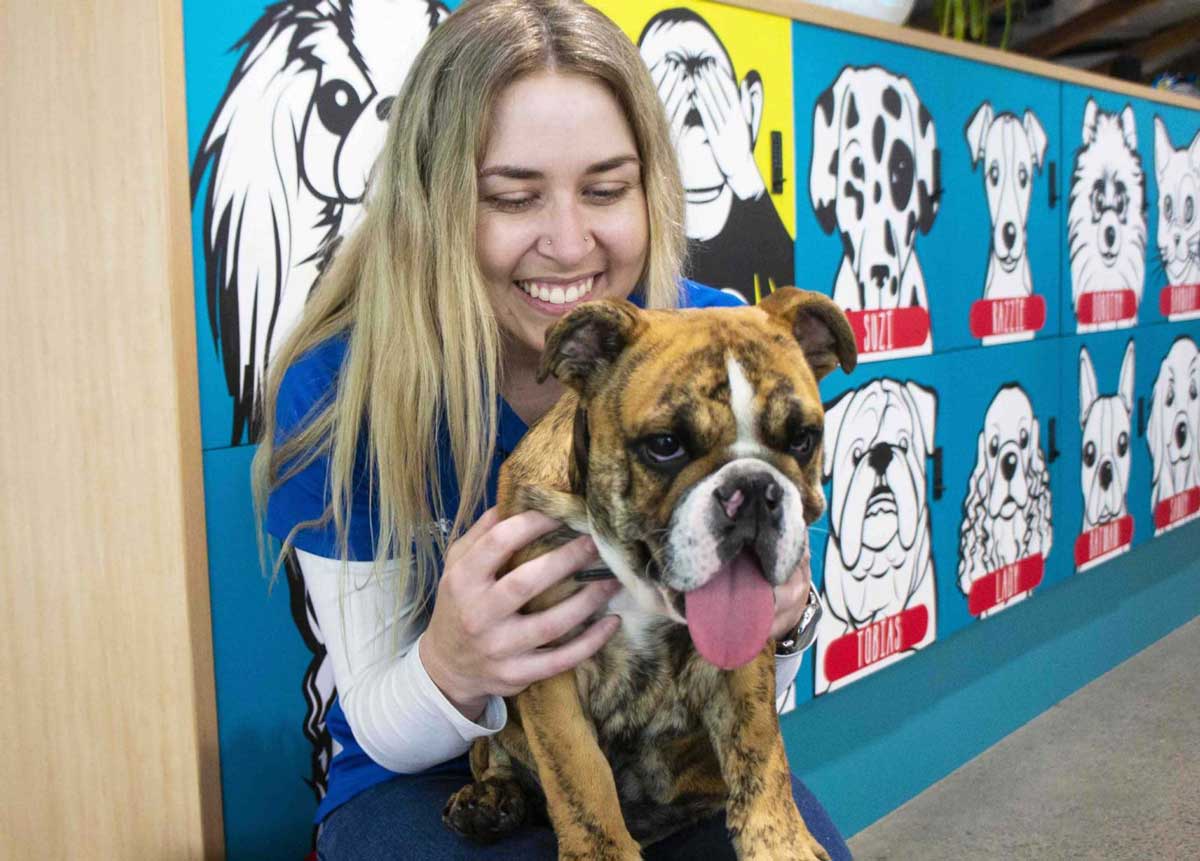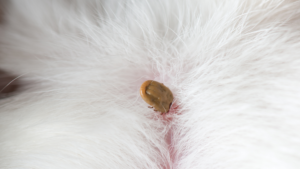Abstract: This article, written by veterinarians whose caseloads include brachycephalic dogs, argues that there is now widespread evidence documenting a link between extreme brachycephalic phenotypes and chronic disease, which compromises canine welfare.
This paper is divided into nine sections exploring the breadth of the impact of brachycephaly on the incidence of disease, as indicated by pet insurance claims data from an Australian pet insurance provider, the stabilization of respiratory distress associated with brachycephalic obstructive airway syndrome (BOAS), challenges associated with sedation and the anaesthesia of patients with BOAS; effects of brachycephaly on the brain and associated neurological conditions, dermatological conditions associated with brachycephalic breeds, and other conditions, including ophthalmic and orthopedic conditions, and behavioural consequences of brachycephaly. In the light of this information, we discuss the ethical challenges that are associated with brachycephalic breeds, and the role of the veterinarian.
In summary, dogs with BOAS do not enjoy freedom from discomfort, nor freedom from pain, injury, and disease, and they do not enjoy the freedom to express normal behaviour. According to both deontological and utilitarian ethical frameworks, the breeding of dogs with BOAS cannot be justified, and further, cannot be recommended, and indeed, should be discouraged by veterinarians.
Download the full article here
Pet insurance can help by covering a portion of the eligible vet bill if the unexpected happens. Because it is difficult to predict the costs of veterinary care, it can help to have measures in place to help prepare for the unexpected. Check out our partner network and explore our policy tools to find a pet insurance policy.
Not all conditions or items are covered by Pet Insurance. Refer to the applicable Product Disclosure Statement for information about coverage and exclusions.








